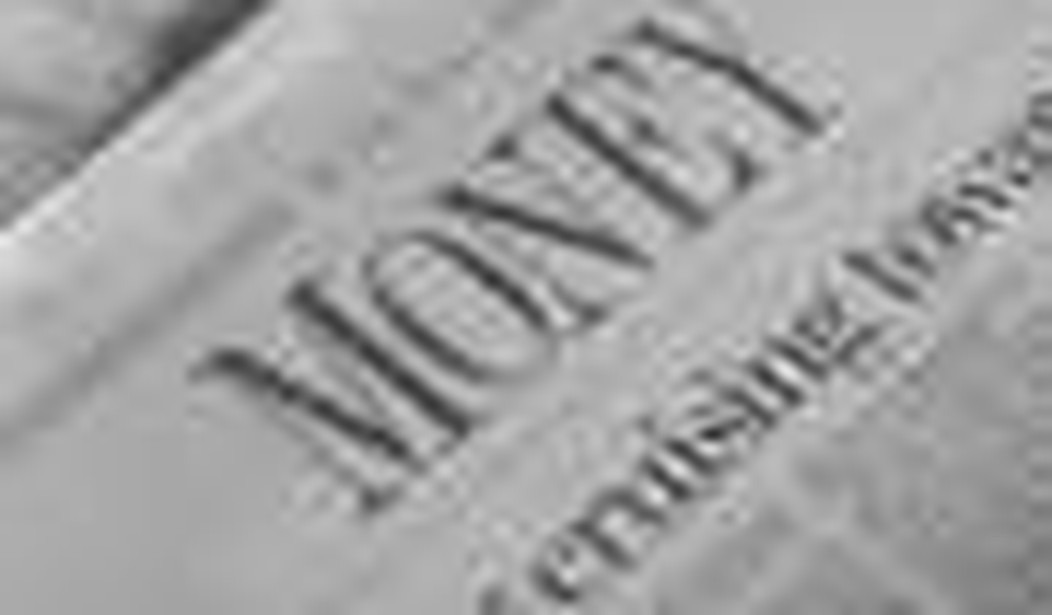Not a day goes by without a journalist reminding us that “this is the worst economy in seventy-five years.” A quick mental calculation takes us back to the early 1930s and — bam! — it’s the Great Depression all over again. It’s a convenient historical marker. In 1933, 4,000 banks went belly up. The unemployment rate reached 25 percent. While the economy grew late in the decade, poverty, suffering, and desperation lingered across the national landscape — perhaps most memorably captured in the migrant imagery of photographer Dorothea Lange. It wasn’t until after World War II that the psychology of economic prosperity returned to pre-1929 levels.
There is no doubt that today’s economic crisis ranks among the most severe we’ve seen in decades, and no one discounts the painful dislocation millions of Americans are feeling amid housing losses and widespread job market instability. But it’s less persuasive that today’s recession equals the fundamental collapse of capitalism of the New Deal era. Indeed, recent public opinion polling suggests that Americans see business journalism as contributing to the economic downturn. As a January 1 Opinion Research Corporation survey reported:
Seventy-seven percent of Americans believe that the U.S. media is making the economic situation worse by projecting fear into people’s minds. … The majority of those surveyed feel that the financial press, by focusing on and embellishing negative news, is damaging consumer confidence and damping investment, making a difficult situation much worse.
Careful observers of news and public opinion know that the mass media is consumed by “Depression fetishism.” It’s an affliction of the political left where pundits, liberal economists and far left bloggers endlessly decry “predatory capitalism.” Economic exaggeration and doomsday scenarios proliferate far and wide, with attacks on the Bush administration’s “malign economic neglect” bolstering the case on the Democratic left for a “New, New Deal.” Recall, for example, one of the great national newsweeklies sold magazines with a mock-up of President-elect Barack Obama riding in a vintage open-air sedan, while decked out with a crumpled fedora and an elongated cigarette filter. Can a new National Industrial Recovery Act be far behind?
Depression fetishism is just the latest indication of the steady decline of the professional media ethos of accuracy, fairness, and impartiality. Today’s media is the new partisan press. In business journalism, economic fear-mongering has replaced the who, what, when, where, why, and how of objective, rigorous, in-depth reporting. Banner headlines pump up subliminal 1930’s analogies like “Customers Line Up at IndyMac to Withdraw Money”, while the story itself omits mention that in 1929, depositors lacked FDIC guarantees of a return on checking and savings deposits of up to $100,000. It’s telling that the Washington Post just lured hardline leftist blogger Greg Sargent away from Talking Points Memo, in a development that Newsbusters’ Tim Graham says is revealing of today’s reporting environment and its “revolving door between the mainstream media and the leftist barricades.”
It’s worth noting that additional polling data reveal considerable optimism amid all of the economic doomsaying. A mid-December Pew survey found a “psychology of bad times” influencing consumer and business decision-making, while the “silver lining” of the poll found that the public remains “steadfastly confident in the ability of the American people to solve the nation’s problems.”
I exchanged e-mail greetings with a number of folks this Christmas, and one friend who’s business keeps him traveling across the Southwest sent along this apology for his late response to my well-wishing:
I have been extremely busy with work for the past couple of months and January is shaping up to be even more hectic. That’s all good — most folks are crying about the economy and our business is growing like crazy.
Again, in sharing this polling data and personal testimonial, I make no inferences that the large numbers of Americans who are facing difficulties are “whiners” who have renounced personal responsibility while on the prowl for government handouts. The point is more a reminder that we should be putting things in perspective.
There’s a wide gap between Main Street sticktoitiveness and the media reporting from the sky-is-falling newsrooms of Boston, Chicago, Los Angeles, New York, and Washington. For the past year — from the beginning of the presidential primaries to election night in November — Americans have been bombarded with a steady stream of media bias and fundamental press corruption. President-elect Barack Obama’s campaign received kid glove treatment on his inexperience and past relationships, and the media pooh-poohed questions of ideological radicalism and legal propriety on a range of issues such as the Chicago Annenberg Challenge and Obama’s fundamentally corrupt model of presidential campaign finance.
Meanwhile, the media “watchdogs” deployed dumpster divers by the dozens to Alaska within days of Sarah Palin’s announcement as the GOP vice-presidential running mate. When terrorists attacked India’s financial capital of Mumbai on Thanksgiving weekend, it took three days before major press outlets reported the explicit targeting of the Jewish Chabad house where Rabbi Gavriel Holtzberg and his wife Rivka were tortured and mutilated before their murders, and few outlets reported realistically — and emphatically — on the random extermination of the innocents as our most recent example of Islamic radicalism’s barbarous evil and its challenge to the West.
All of this represents a debilitating crisis of the American democracy. It’s a well-worn cliche to suggest that a free people cannot thrive in the absence of means for holding accountable governmental officials and political candidates. The Depression fetishism that has overwhelmed financial journalism is just one more indicator of the triumph of postmodern truth in a world increasingly mesmerized by grand calls to global equality, the Promised Land of moral equivalence, and hypnotism of a new generation of leadership who talk of transcending the recent era of demonic polarization through a burst of etherial post-partisan transformation.








Join the conversation as a VIP Member